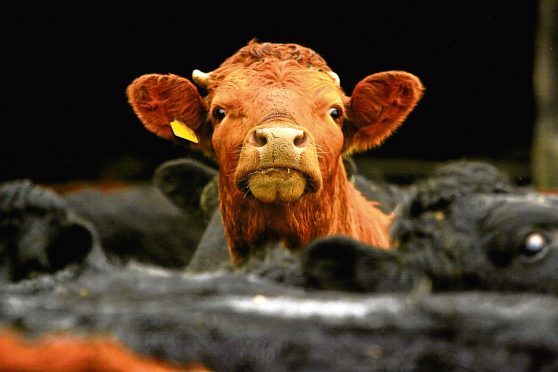Government and farming industry patience has finally expired with beef producers who are failing to clean up herds infected with the scourge of Bovine Viral Diarrhoea (BVD).
A government consultation has been launched to consider whether heftier sanctions should now be placed on herds that continue to have “not negative” status.
Proposals include increasing pressure on not negative herds to investigate the cause of BVD exposure in their herd; pressurising positive herds to remove their persistently infected (PI) animals; and tracking PIs back to their herd of birth.
The danger of non-compliant herds is the infection or re-infection risk they pose to other farmers, and in May it was reported that there were as many as 382 known PIs at large on Scottish farms. One holding had 24 PIs and 140 holdings had two or more, statistics which have the potential to undermine the efforts being made by government and the beef industry.
According to Rural Secretary Fergus Ewing, farmers want to see non-compliant herds penalised.
“That is why I am launching a consultation on the proposals which have been developed by the industry’s BVD advisory group, which will aim to put responsibility and power into the hands of farmers and encourage them to eliminate BVD from their own herds,” said Mr Ewing.
“The consultation includes proposals which would make it increasingly difficult for farmers to continue to have BVD virus active in their herds, by actively inconveniencing them in terms of trading opportunities, further movement restrictions, and increased biosecurity controls.”
NFU Scotland president Andrew McCornick put his weight behind the consultation and called on the industry to get involved.
“A significant amount of time, cost and effort at farm level has already gone in to Scotland’s BVD eradication programme,” he said.
“While great strides have been made by the clear majority of the nation’s cattle keepers, it is apparent that further measures that move Scotland closer to BVD free must be considered.”
The consultation will end on November 6.
